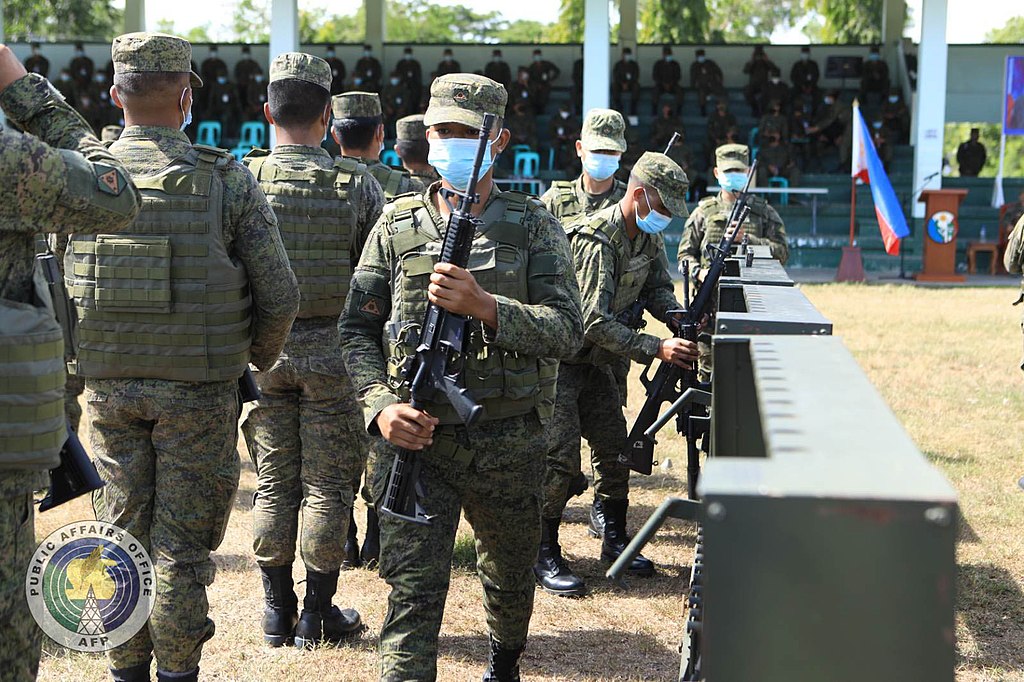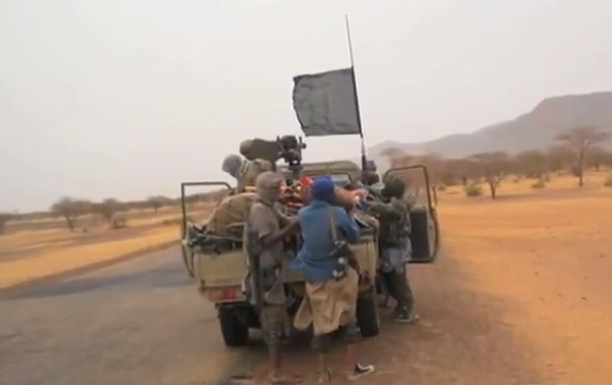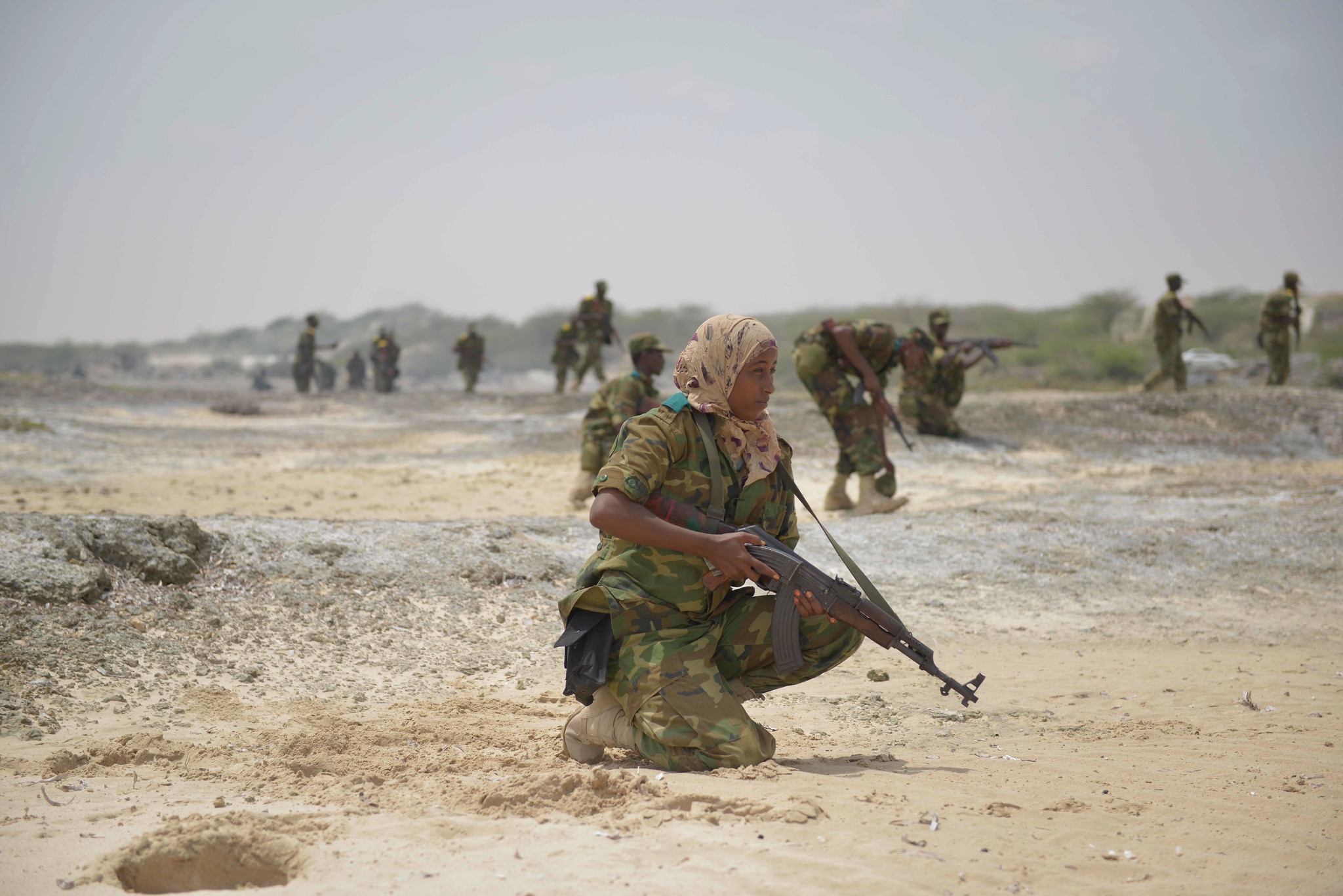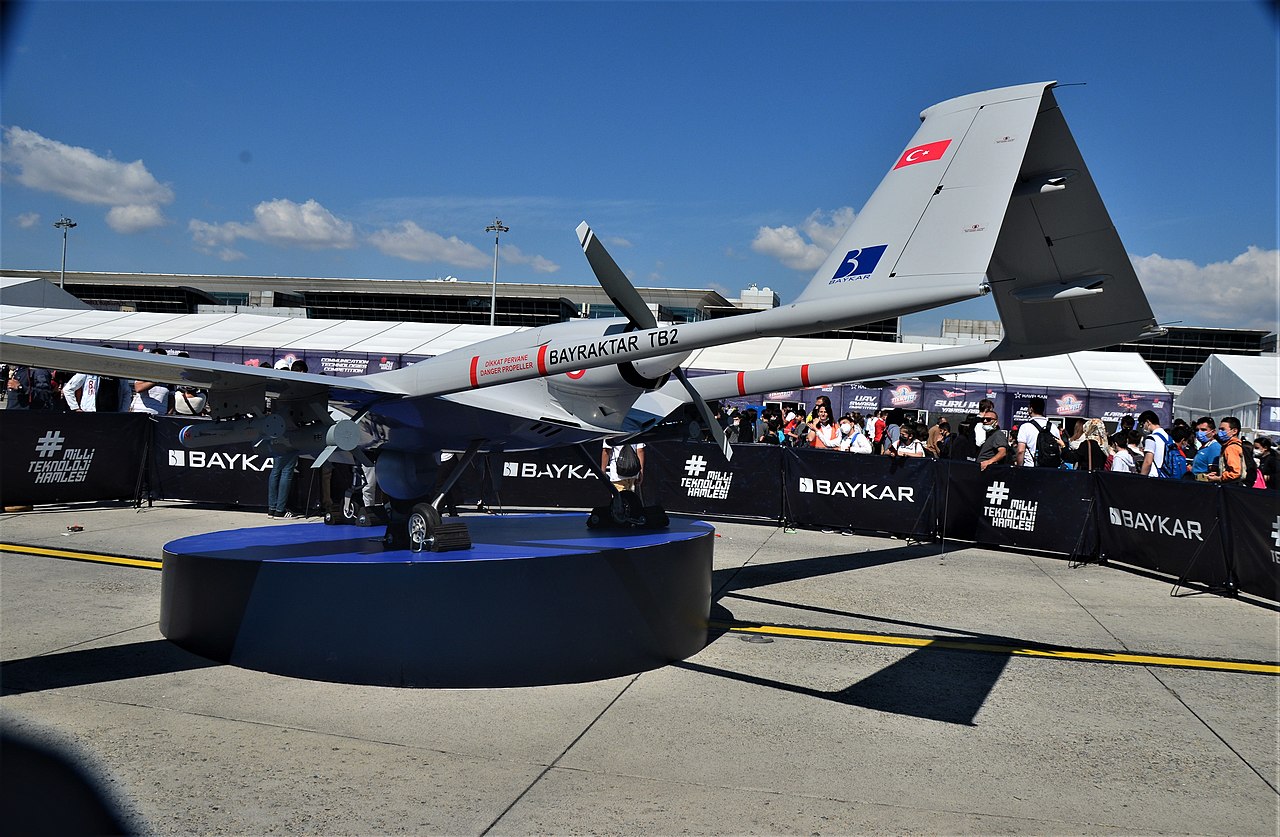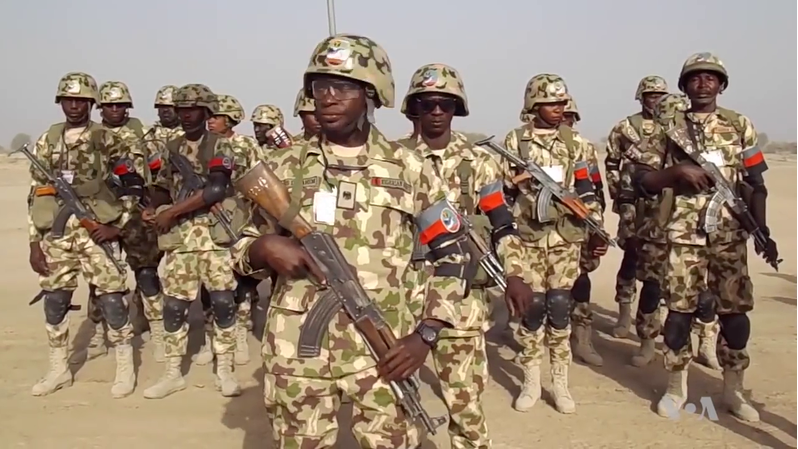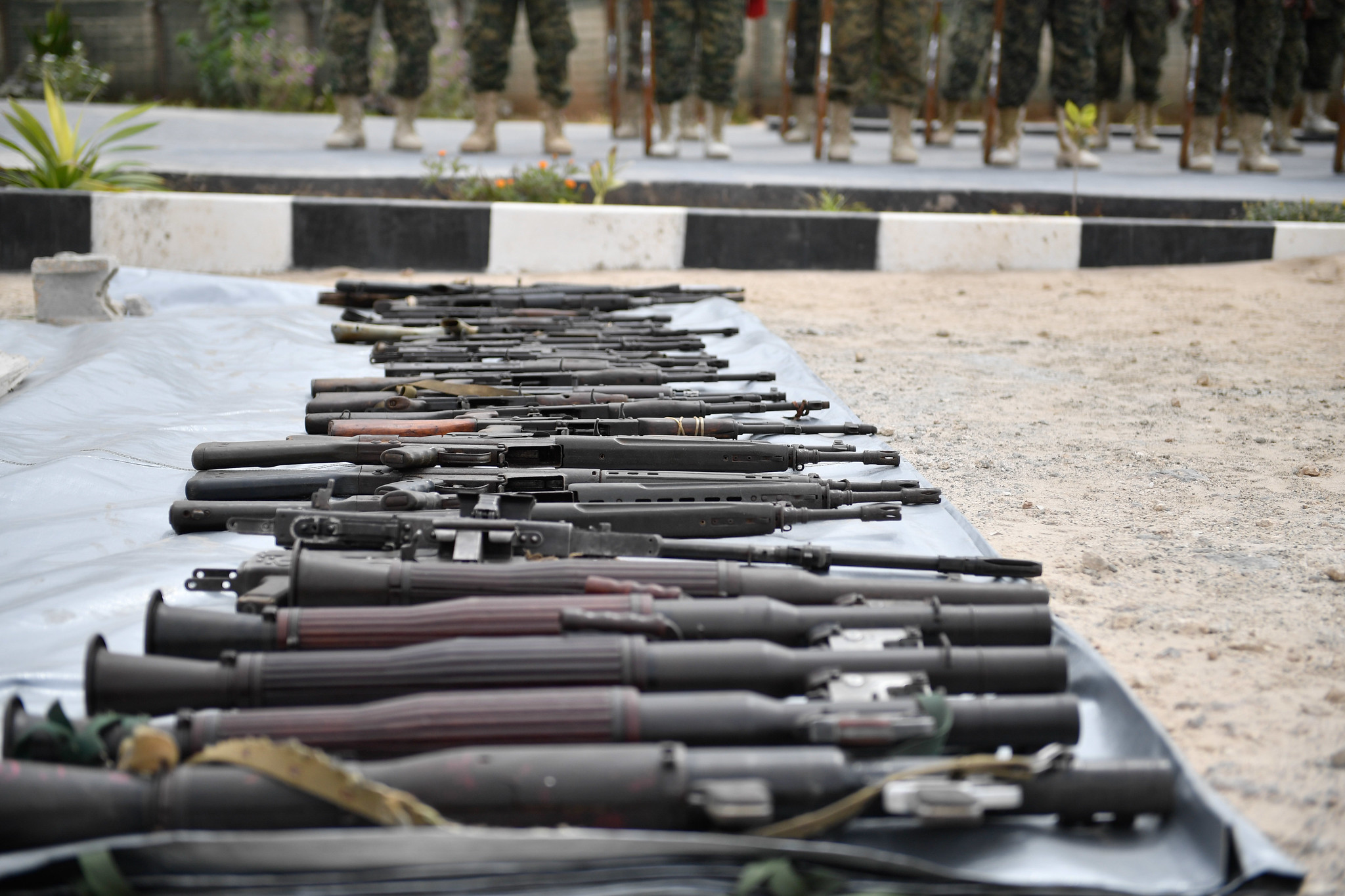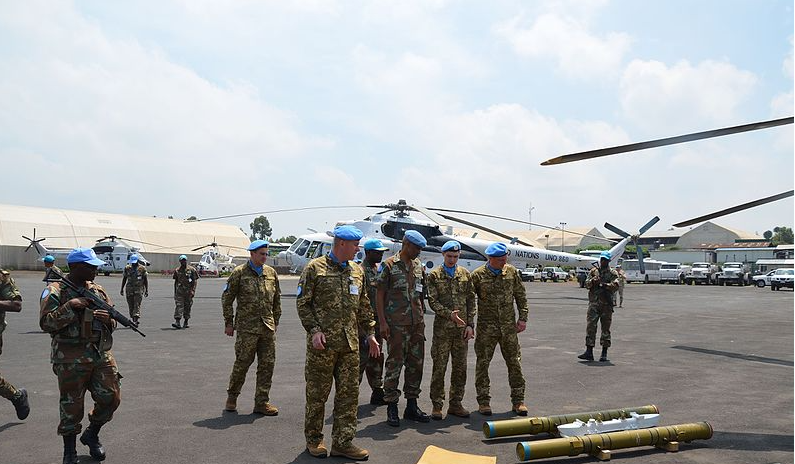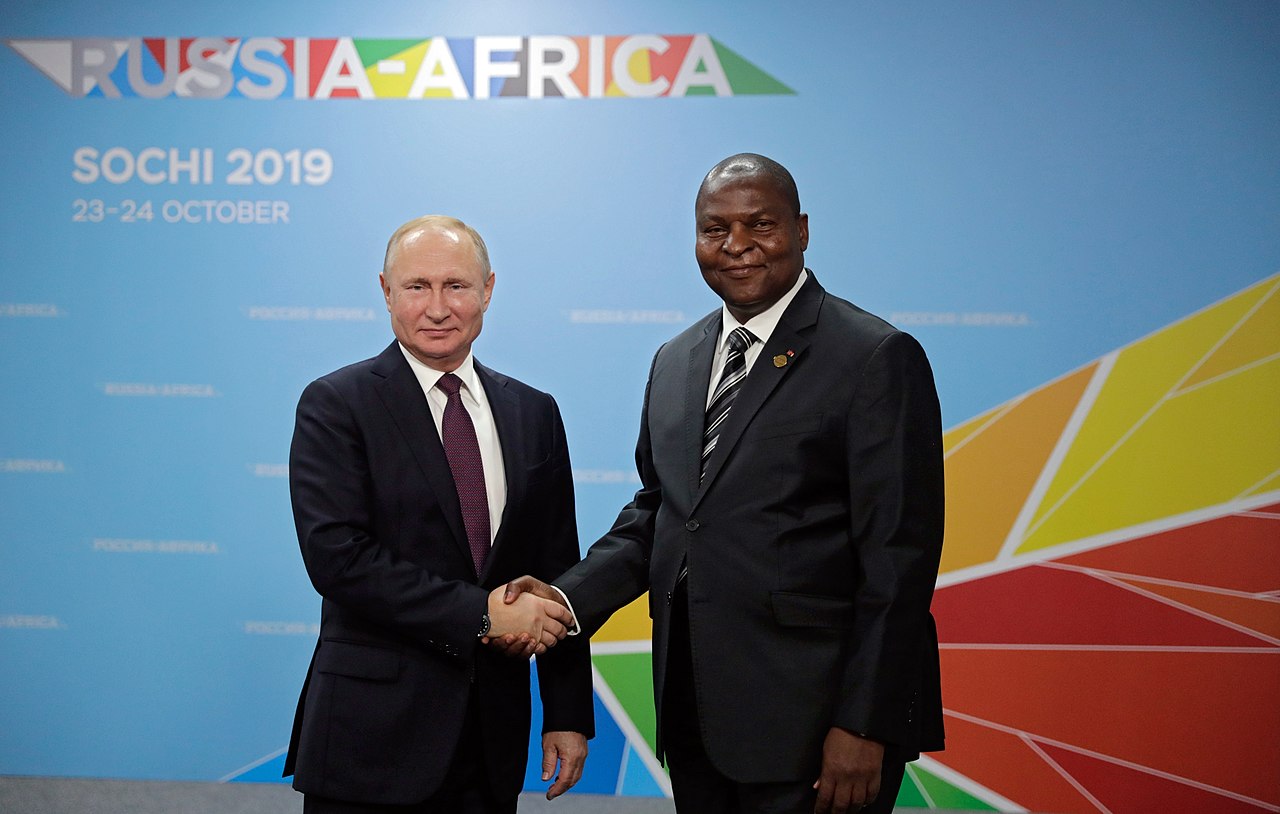
Despite the efforts of Somali soldiers, such as those pictured here, and AMISOM/ATMIS, al-Shabaab remains a powerful force.
“Over the past decade or so, Somali’s federal government has attempted to combat al-Shabaab’s child recruitment in a variety of, ultimately ineffective, ways.”
Hassan Sheikh Mohamud, Somalia’s newly elected president, is facing many problems in his country, including a drought that threatens millions with famine, political divisions hampering unity, and a rise in attacks by al-Shabaab despite years of combatting the terrorist group. As the accompanying excerpted article from the pan-African independent news platform African Arguments explains, much of al-Shabaab’s strength owes to its ability to recruit children. The group uses boys as logistics operatives, combatants, and suicide bombers, while girls are used as cleaners, cooks, and “wives” of the fighters. The group uses both boys and girls as spies, with their young age helping to lessen suspicion of their activities.
According to the article, al-Shabaab finds it easy to recruit youth due to a variety of factors. Work in a country with a devastatingly high unemployment rate such as Somalia is a huge draw. Power, marriage, and for those seeking one, a religious education, albeit quite radical, are other reasons for joining al-Shabaab. There is also widespread discontent with the government, which people perceive as being deeply corrupt. Abuse at the hands of security forces drives young people to the terrorist organization. Additionally, impoverished parents who receive money from the organization sometimes force their young children to join the group.
There have been programs to persuade young recruits to leave al-Shabaab as well as dissuade those who have not yet joined from doing so. However, as the article notes, these attempts usually have little impact because they focus on the evils of al-Shabaab as opposed to the actual needs of the children. Meanwhile, Western powers, the African Union, and the Somali military are finding it quite difficult to eliminate al-Shabaab because even when they eliminate large numbers of its fighters, new ones soon appear. Until the factors that draw young people into the terrorist group are significantly mitigated, the pipeline of recruits ready to take up arms will very likely remain quite full.
Source:
Liban Osiye and Liban A. Hussien, “To counter al-Shabaab, Somalia’s new govt must do something for the kids,”African Arguments (pan-African independent news platform), 24 May 2022. https://africanarguments.org/2022/05/to-counter-al-shabaab-somalias-new-govt-must-do-something-for-the-kids/
Tackling this war crime head on will be critical to saving thousands of children from myriad forms of abuse and, in some instances, death. But it will also be essential to combating the al-Shabaab threat as a whole. In almost all the groups’ acts of terrorism, young people are involved in some capacity.
Over the past decade or so, Somali’s federal government has attempted to combat al-Shabaab’s child recruitment in a variety of, ultimately ineffective, ways.
Unless President Mohamud’s administration honestly examines the reasons that many young people and their families see joining al-Shabaab as an attractive or necessary option, the Islamist militants will keep winning the radicalisation war. To truly tackle child recruitment, his new government will have to recognise that al-Shabaab’s greatest tools in turning Somalia’s future generations against its present leadership are issues such as endemic poverty, social exclusion, lack of basic public services, endemic corruption, paralysed politics, and poor governance. An effective military strategy is also essential to combatting al-Shabaab – insecurity allows militants to use brute force, torture and abductions to recruit many child soldiers – but not sufficient.
Most of al-Shabaab’s child recruits are from areas the group holds or has a significant presence in. But it is notable that its level of recruitment in big cities like the capital Mogadishu is reportedly increasing.
And it has been found to use girls as cooks, cleaners, and “wives” as well as to spy or move weaponry.
Image Information:
Image: Despite the efforts of Somali soldiers, such as those pictured here, and AMISOM/ATMIS, al-Shabaab remains a powerful force.
Source: AMISOM/Flickr, https://www.flickr.com/photos/au_unistphotostream/7306922512/in/album-72157629979805598/
Attribution: Public Domain

